http://52.188.106.177/wp-content/uploads/2013/12/IWRC-in-BC-2013_2013-11-08_2248_HeatherGillian.jpg
What is WildHelp?
Recently, IWRC was able to interview Rebecca Dmytryk on the new animal rescue app, WildHelp she is working on: IWRC: The description on kickstarter mentions that the app will provide safety tips and basic instruction on first aid to help save the animals life. Does this take into account the fact that most people that find injured wildlife don’t have any experience in animal first aid? Dmytryk: Most people who find a wild animal in trouble will have little experience handling wildlife and for their safety and the welfare of the animal they should keep their hands off. There will,...
Using the Wildlife Heath Event Reporter
The Wildlife Health Event Reporter – A Surveillance and Communication Tool Wildlife can be effective sentinels that alert us to potential health hazards and environmental concerns, but information about sick/injured/dead wildlife need to be reported and shared in a timely manner for professionals to evaluate and determine if response is warranted. The Wildlife Health Event Reporter (WHER), www.wher.org, developed by the Wildlife Data Integration Network (WDIN) and maintained by University of Wisconsin-Madison, School of Veterinary Medicine, not only provides a destination for observations of sick/injured/dead wild animals, but also functions as an alerting system, quickly distributing these reports to those...
Forging a New Frontier
I’m going to start this post off by quoting myself. In the introductory editorial of the third Journal of Wildlife Rehabilitation issue of 2012 I ask rehabilitators to consider the following questions “What is our place in the larger conservation community? How can we effect change for individuals and species? How can we share our experiences with our colleagues?” These are big picture questions, too large to be answered with a single cup of coffee, especially when gulped down during a two minute break! But that doesn’t mean we should dismiss the questions. We answer them by being, by doing,...
Keeping Your Data Straight
A guide to record keeping options Record keeping is a fact of life. Every job from police officer to tax accountant requires a certain level of documentation for proper functioning, legal purposes, and record keeping. Wildlife rehabilitation is no exception; our records provide data on what treatments are needed for a specific animal, how that animal has fared over time, and the medical-legal outcome of each case. I remember as a teen being enlisted to enter each year’s worth of intake sheets into an Excel program. Tedious for sure, but quite amazing once all that data was entered and we...
IWRC Welcomes New Board Members
We are pleased to announce the new board members voted in by the membership in December of 2012. Continuing board members Brenda Harms and Melissa Matassa-Stone were also voted to the board. But for the moment, lets concentrate on our three new members. Kristen Heitman Kristen Heitman is a full-time bird and mammal. rehabilitator, specializing in waterfowl. Her passionate connection to this field began in 1999 and in 2002 she founded the non-profit, Providence Wildlife Rehabilitation, Inc., and continues as their director. With Providence’s 13 education birds, Kristen and her staff provide outreach conservation programs across Indiana. Kristen...
Urban Predators
In the US, it’s fairly common to see whitetailed and blacktailed deer, coyotes, and all sorts of mesopredators in and around the city. A recent National Geographic article mentioned the increased urban appearance of apex predators like cougars. The article made me think “what does this mean for rehab”? My only experience with an apex in the city had a tragic end. It was a timber wolf that was shot for being too close to a mall. How can rehabilitators assist in preventing human wildlife conflict with this new influx of predators? Here are some thoughts from IWRC members: Ned...
Ireland!
By guest blogger Randie Segal Randie, Lynn, and Diane are in Europe visiting rehabilitation centers, attending conferences, and in between Lynn has managed to squeeze in time to teach not one, but three IWRC courses. Join us for the next few weeks as Randie tours us around Ireland, Great Britain, Poland, and Belgium. September 23 We all arrived in London , went through customs, and didn’t get into any trouble We took a taxi and came to our hotel Went out to a little family Italian restaurant and had a great time Lynn told them we were going out looking...
